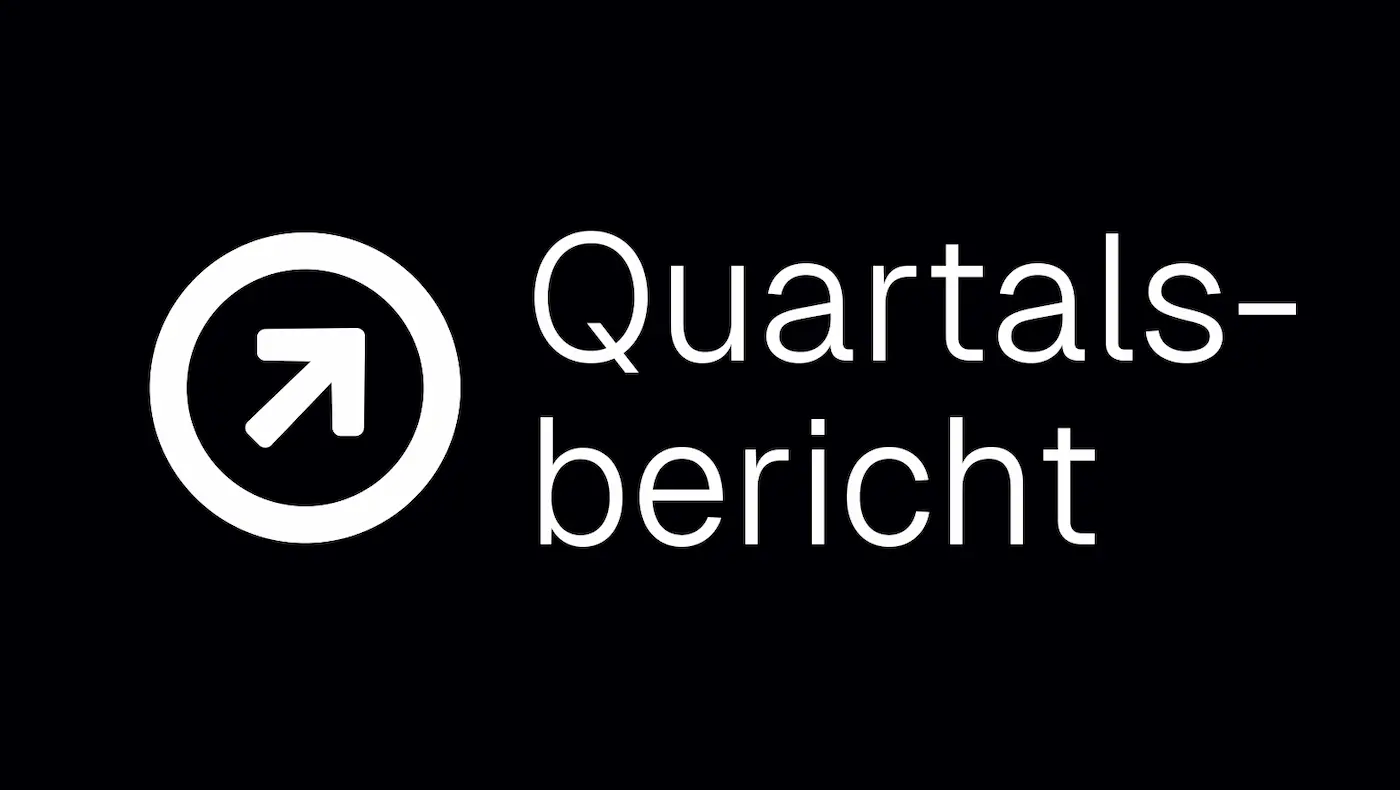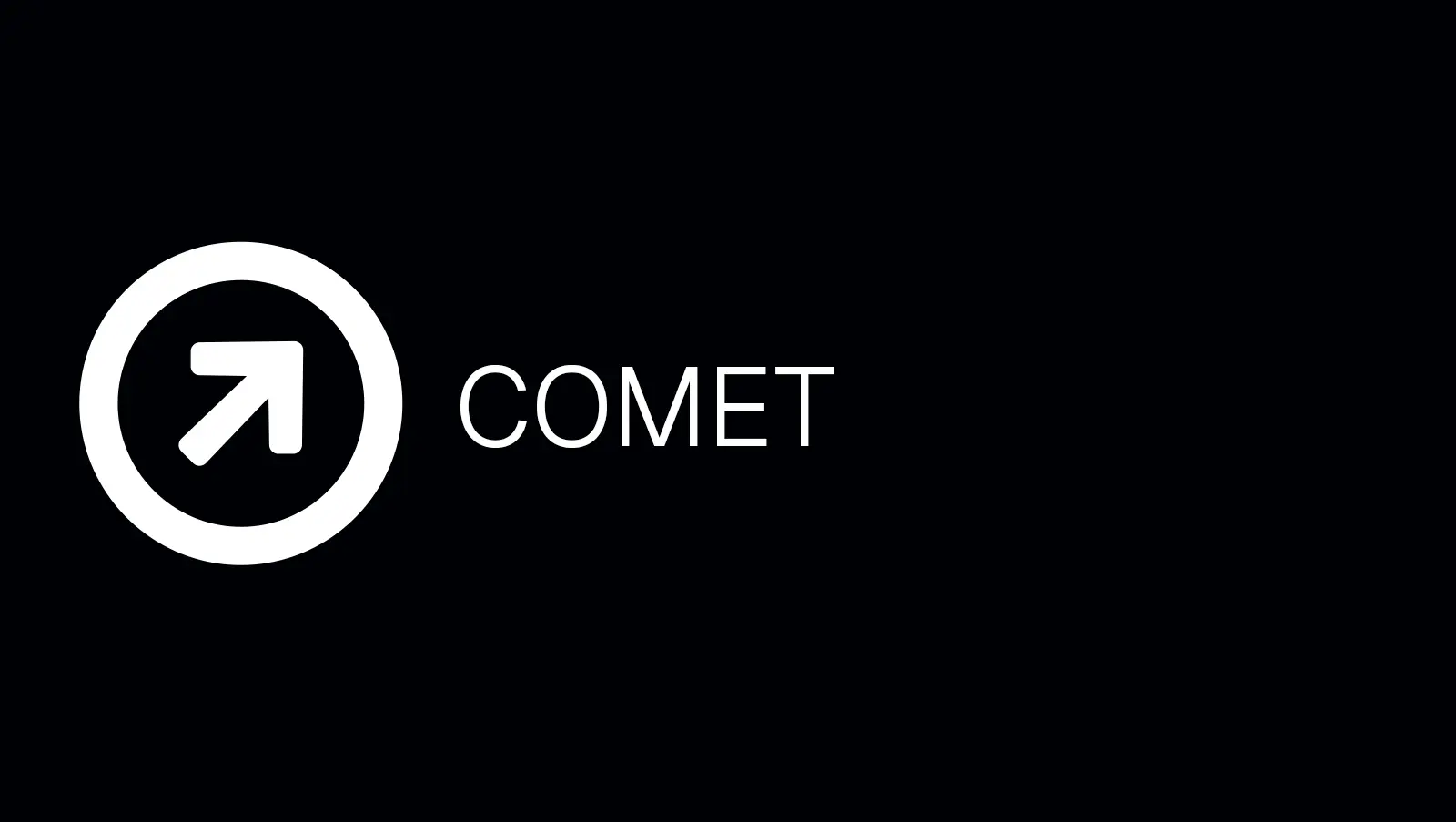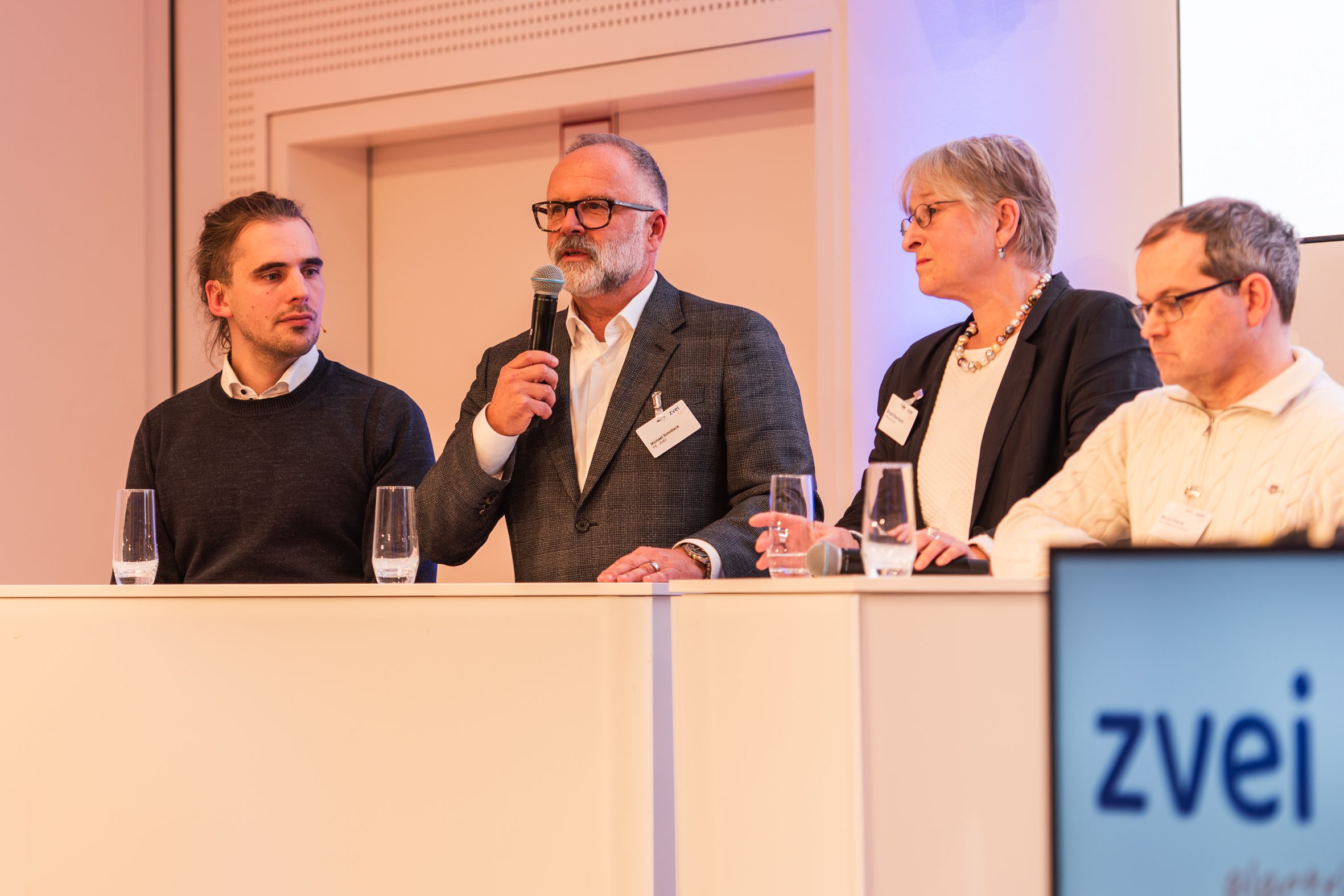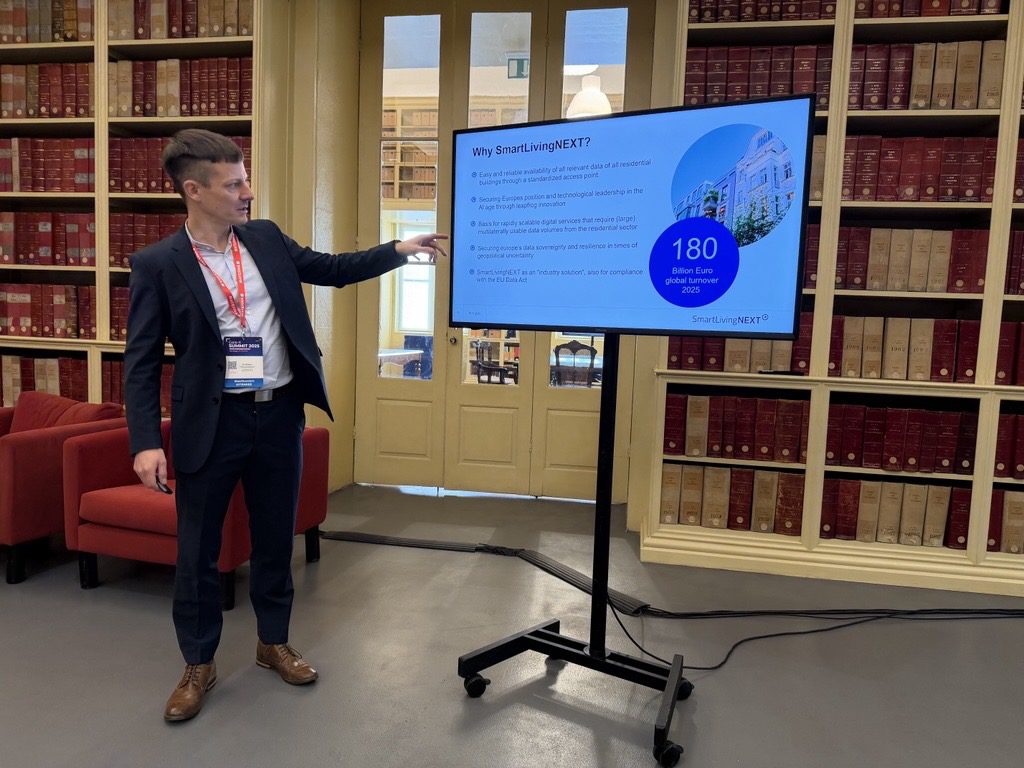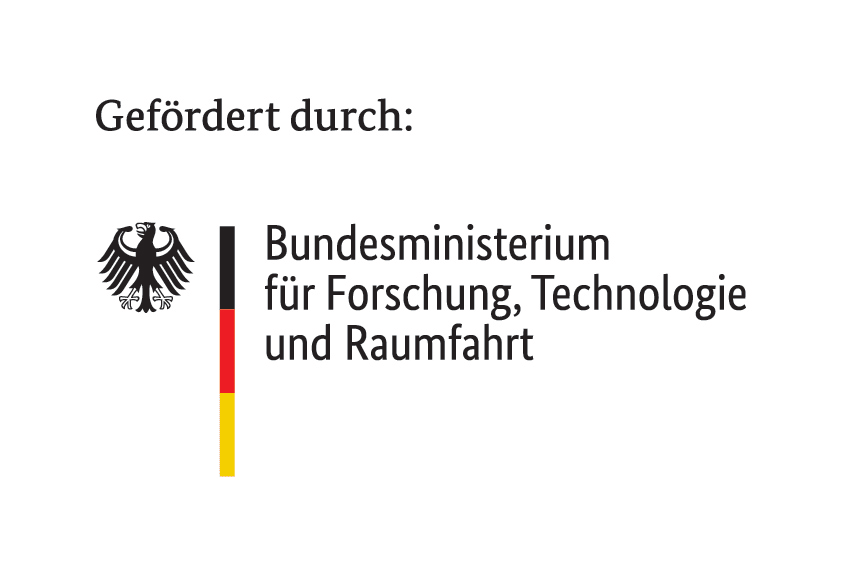“SmartLivingNEXT creates the conditions to strengthen the smart living domain as a whole in Germany and the EU.”
13. August 2024
7 minutes
In this interview, Thomas Feld talks about the development of data-driven business models, the special features of the SmartLivingNEXT ecosystem and the prospects for success after the end of the funding phase.

Mr. Feld, you are an expert in data-driven business models and digital services. How do you assess the development of European dataspace initiatives, particularly in the area of smart living?
Anyone following the rapid development of European dataspace initiatives knows that ultimately, being connected to the smart living dataspace will give a player in the smart living community a competitive advantage, enabling them to implement data-driven business models with other participants. The enormous potential lies in bundling forces. SmartLivingNEXT creates the conditions to strengthen the smart living domain as a whole in Germany and the EU. Individual companies would not be able to do this on their own. In Materna’s view, adapting the patterns for business models generated in SmartLivingNEXT to other domain ecosystems will lead to new impetus for collaboration and greater resilience within the German and European economy.
Materna has been realizing projects in the field of information and communication technology for many decades. The company has been a consortium partner in the SmartLivingNEXT flagship project since August 2023. Why is Materna involved in a collaborative research program?
We expect new insights above all in the interaction of innovative Gaia-X-compliant software and system architectures and also in established but siloed data sources from which sensor and usage data is collected. The development of corresponding blueprints for connecting data backend systems from both cloud infrastructures and local edge systems will be valuable results that will lead to further rollouts in the future. These blueprints will be made available to the general public across organizations and locations as part of the SmartLivingNEXT toolbox.
In cooperation with the German Research Center for Artificial Intelligence (DFKI) in particular, we also expect to gain new insights into the evaluation of smart living data using modern AI methods that can be used in other scenarios and use cases. These findings can be transferred to other domains, such as mobility, security and resilience or manufacturing, where they will generate corresponding benefits. As part of the SmartLivingNEXT flagship project, a system concept has been developed that provides a guideline and reference framework for the future technical development of the SmartLivingNEXT Dataspace and the desired governance structure. The system concept and the previously provided white paper can be requested free of charge from the project office.
SmartLivingNEXT aims to bring together various market players, which could result in new business models. What is special about the SmartLivingNEXT data ecosystem compared to conventional platforms?
It is necessary to generate trust in a short space of time, include relevant participants and define rules. Only under these conditions will other players be motivated to participate in the data room. In particular, the initial size of such an ecosystem is decisive for the probability of success, as well as the radiance that such a project generates. This is available in the SmartLivingNEXT data ecosystem. In our view, it is able to unite the initially seemingly contradictory goals of individuality of the participants’ requirements on the one hand and generalizability, adaptability, scalability and sovereignty on the other. In addition, numerous impulses for added value and benefit considerations, i.e. maximum practical relevance, can be expected, which will enable new business models.
Practical relevance is an important keyword. One pressing issue of the energy transition concerns sector coupling. This includes players from the housing industry and private households. Materna is also involved in the concrete implementation of the energy efficiency use case. What is it about and what is the motivation behind participating here?
In the flagship project’s energy efficiency use case, the plan is to create a “national access point” for energy efficiency in the housing sector. This enables the development of provider-independent, cross-system solutions and strengthens competition in this area. End customers have direct access to the added value that a dataspace makes possible while ensuring data sovereignty. This is not only an advantage for the consumers themselves and, in conjunction with the federated services, also for energy suppliers, the housing industry and municipal services. It is also an important prerequisite for gaining the critical mass of interactions and end users in the ecosystem that is necessary for scaling utilization.
Let’s look a little further into the future. Beyond the project duration, the SmartLivingNEXT Dataspace is to be made permanent in accordance with the requirements of the EU Data Act, i.e. a concrete market launch is to follow. What role can Materna play here?
We expect significant economic benefits from a Smart Living data room for all players – including those from industry, the housing, transport and energy sectors and public administration. Following the technology program, we are therefore planning the sustainable operation and expansion of the SmartLivingNEXT Dataspace for the ecosystem created by the overall project. The model is the mobility data marketplace that has been successfully implemented and is operated by Materna for the Federal Highway Research Institute (BASt) and all players in the mobility sector. Expanding the SmartLivingNEXT ecosystem to include other relevant market participants from the energy, housing, mobility and public administration domains is a high priority for Materna in order to firmly anchor the data space in the participants’ value chains and generate further benefit scenarios.
Potential successes include improved efficiency in the collection of data for various topics such as energy, security and assistance, cost savings in the integration, maintenance and operation of smart living technologies and new business opportunities for consulting and IT services for the development of sovereign data infrastructures and cloud solutions.
Mr. Feld, thank you for the interview.
Listen to the article (in German)
Editorial office:
Maximilian
Metzner
Category:
Flagship project
